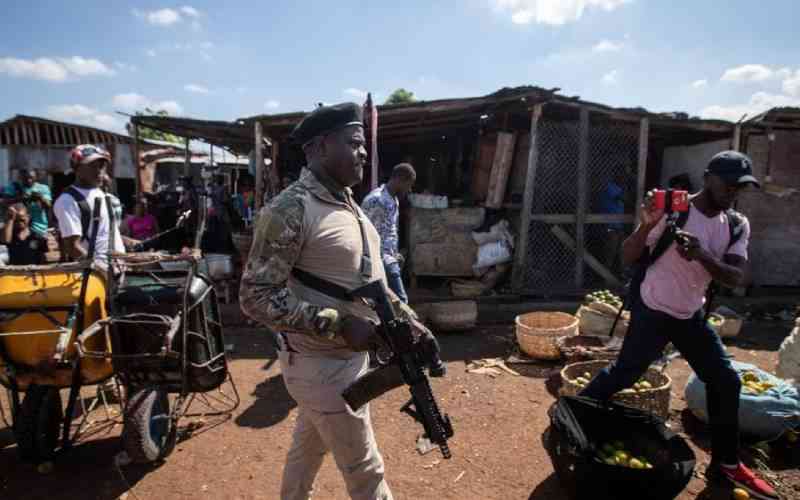×
The Standard e-Paper
Join Thousands Daily

Until Kenya signalled its intention to lead an international force to Haiti, many Kenyans had never given any thought to this troubled Caribbean nation.
But in true Kenyan style, many experts have since spurted with strong views on why Kenya should or shouldn't be part of this undertaking.